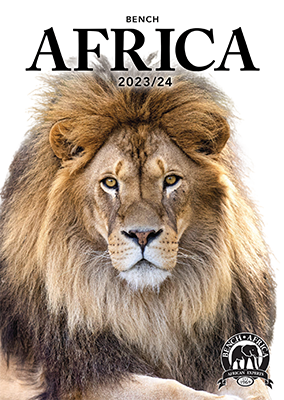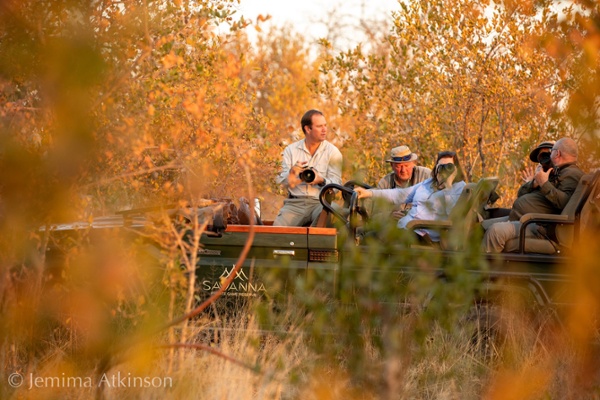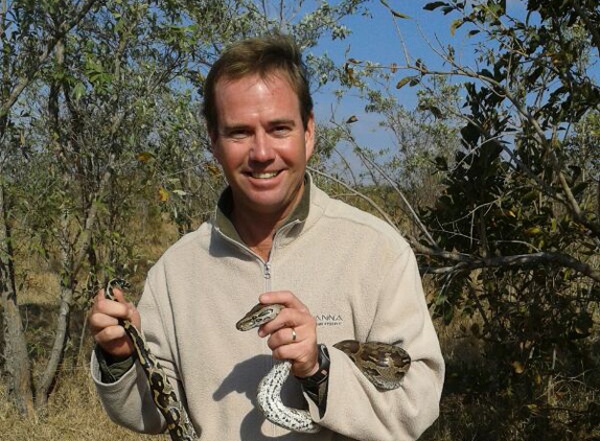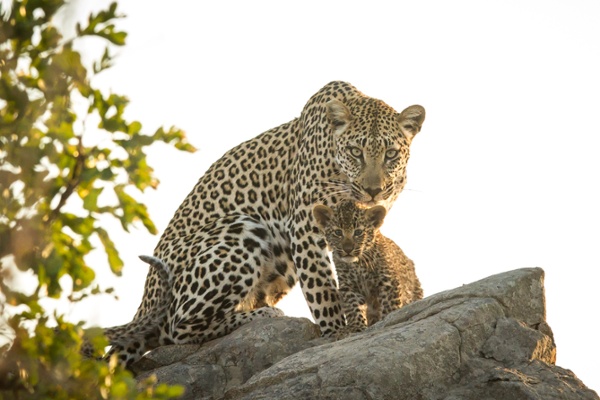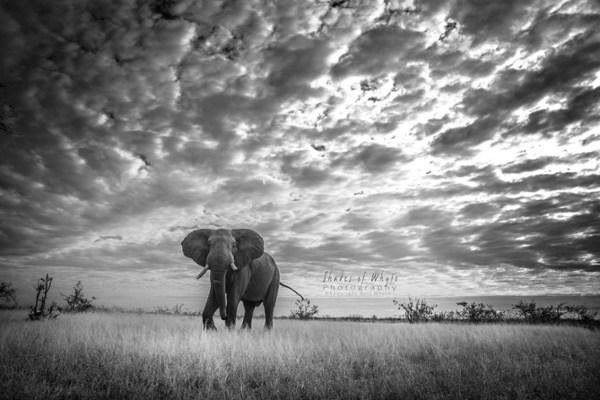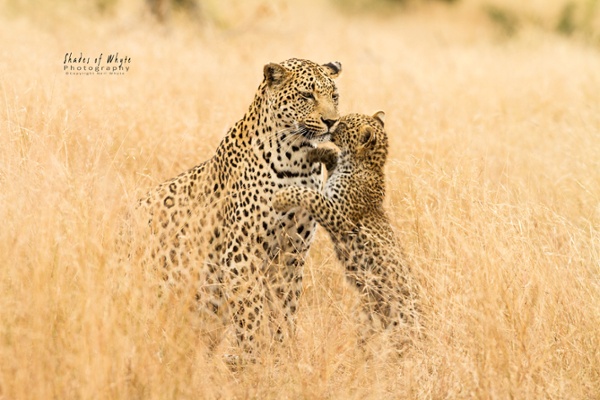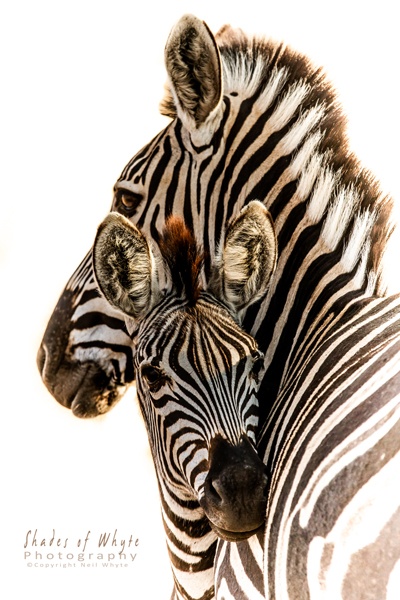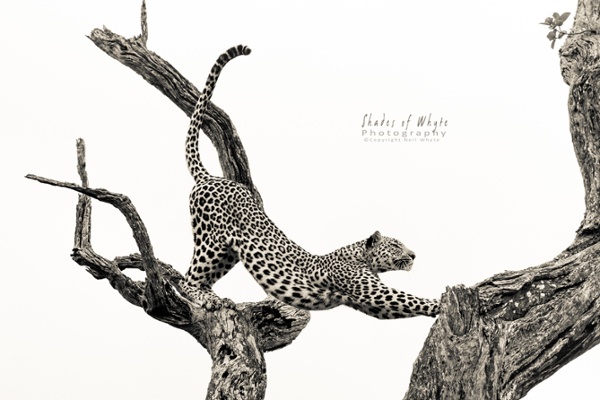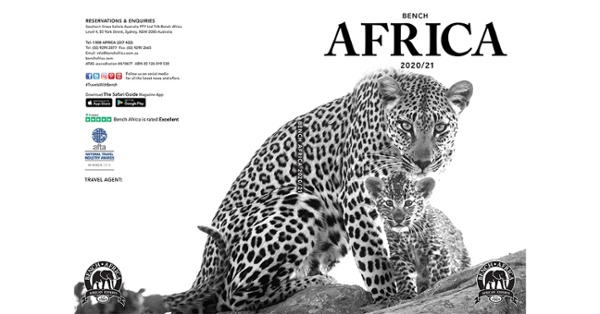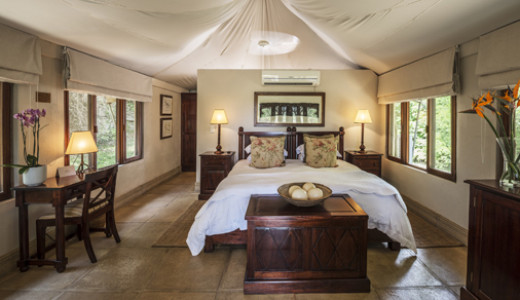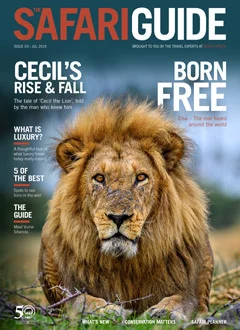INTRODUCING... THE GUIDE - THE PHOTOGRAPHER - NEIL WHYTE!
Neil Whyte is a guide in the outstanding Savanna Private Game Reserve, in the Sabi Sands. "I became a guide almost by accident! I was extremely fortunate to have been born and grow up in the Kruger National Park. My father, Ian Whyte, was a senior conservation biologist for the national parks and researched various large mammals such as lion and elephant. I wanted to follow in his footsteps, so went to university
where I earned a B.Sc in Zoology, and an honours degree in Wildlife Management. When I applied for a position in the Kruger National Park, it was just after apartheid was abolished, affirmative action meant that there was no position available for me at the time. I decided then to do a short stint as a guide in the private reserves until I could get back into Kruger. I fell in love with guiding, however, and never left! I have now been guiding for 19 years."
Photography is Neil’s other major interest. His bush experiences provide him with ample opportunities to capture amazing shots for his wildlife portfolio. This passion for photography has been rewarded by having a photograph accepted for the cover of Africa Geographic magazine, and his photo of the two leopards is on the cover of the Bench 2020 brochure (below)!
"The lineage of this particular female leopard (Basile) is very dear to me. I have studied the family for years, and in fact named her mother Tlangisa - The playful one. This cub, Basile, and her sister Khokovela, was Tlangisa’s first litter and we watched them grow up to be independent females. Basile means ‘The Pale one’, as she is much lighter than her sister. She is now 5 and a half years old, and has yet to successfully raise a litter. This particular sighting was incredible, as she had her den quite high up on a rocky outcrop and I had not seen the young cubs yet. We tried our luck by visiting the den, and just after we arrived, she jumped onto this large prominent boulder, and the two cubs followed her! They stayed there for a good 10 minutes, posing beautifully and allowing us to get some great images."
What a special moment!
AN INTERVIEW WITH THE GUIDE - NEIL WHYTE
Q. As a safari guide what exactly is your job and what does it entail?
As a safari guide, I am responsible for guiding guests while on Safari. This entails giving them a holistic experience within the wilderness of Africa, encompassing all aspects of their stay. We need to ensure their safety while on safari and educate them on the many facets of the fauna and flora, while being story tellers, barmen and hosts. A good sense of humour is very important!
Q. What is the best thing about your job?
A. Wow… there are so many great things about this job! I basically get paid to sit in a game viewer for 8 hours a day, watching incredible wildlife in their natural environment. The beauty of the Sabi Sands Game Reserve is that all of the wildlife is extremely well habituated to the presence of vehicles, which allows us to be in close proximity to them, without having ANY impact on them at all! This means we get to see incredibly rare behavioural aspects, such as leopards mating, and with new born cubs, which normally would be almost impossible to get to.
The other aspect of this job which is so rewarding, is the people. We get exposed to such a large variety of people from all parts of the globe, and all walks of life! Many of them have become close friends! It is a privilege to be able to show people the incredible wildlife, and experience the thrill of seeing these things for the first time through their eyes, over and over again.
Q. What is your favourite place to show travellers?
Savanna is one of the best companies to work for, and to introduce guests to Africa from such an incredible base, surrounded by incredible staff, is amazing. Savanna is my favourite place to show guests!
Q. Do you have a favourite animal?
I have two… The African elephant is without a doubt one of the most incredible mammals on earth. They have such intelligence and wisdom. They are calm, but strong. They show such care and emotion, but can and will risk their lives when threatened. There is no better feeling than sitting in a large breeding herd of elephant, surrounded by all the different ages, knowing that you are only there because they have allowed you to be there.
The other is the leopard, mainly because I am a keen photographer. They are always doing something and seem to know just how beautiful they are. The will regularly pose on a log, or a termite mound, looking as regal as they possibly can!
Q. Do you have a favourite safari season?
I am often asked this, and to be honest, no, I don’t. We are blessed to have four even seasons, so just as you start to tire of the season you are in, it changes. I am fortunate to live here all year round, so I like each season for what it has to offer. My favourite time is probably the change from one season to the next.
Q. Why do you think it’s worth having a local guide?
I think having a local guide is the reason why people travel to different places in the world. We want to learn about the local people, their culture. I do not want to go to Paris, and be shown around the city by a South African! Local people generally have a deeper passion for the place and Africa is definitely a place for passion!
What are your best 3 tips for anyone travelling to Africa?
- Don’t come with expectations, or a tick list! There is always something new to see in Africa, and no trip will ever be the same.
- Bring good quality binoculars and learn how to use them. So often people miss the subtle beauty of a butterfly, small birds or even the detail in a leopard’s eye.
- Be patient. Nothing in Africa happens quickly or when you want it. Those who can sit and wait, in the end will be rewarded.
What do you enjoy doing in your spare time?
I enjoy birdwatching. Birds are everywhere and are always active. You could be in Central Park in New York and could spend hours watch Peregrine Falcons hunting pigeons! I also enjoy sport, and play the guitar a bit.
Responsible wildlife tourism has the potential to enhance conservation efforts for animals and nature, as well as for local communities. What positive changes have you seen over the years?
I think this is the biggest, and most important change that has happened during the past decade. When I started guiding, guests did not want to know about all the problems in Africa. They wanted to fly in with blinkers on, have their luxurious safari, and fly out. Fortunately, that has changed, and people now want to know what we are doing to help local communities, and more importantly, how they can help. We currently (with the generous help of guests) support a day care centre for over 250 orphaned children, as well as the only Care Centre for the elderly in the entire region, which supports about 80 elderly community members. If local communities do not see the direct benefit to them of having these wildlife areas near them, there is almost no chance of them surviving. We need the help and support of the local community.
Are you optimistic about the future for wildlife tourism?
A. Yes, most certainly. About 80% of all tourists to South Africa take part in some form of wildlife tourism, and about 13% of all jobs in South Africa are in the tourism industry. It is a very important part of the South African economy and so I believe we have to (and will) ensure that it continues to grow and be protected. Globally, there is massive increase in awareness with regard to wildlife, nature and conservation, and so I think that it looks very good for the future.
A big thank you to Neil Whyte for taking the time to answer our questions, and for the use of this very special photograph on the cover of the Bench Africa 2020 brochure.
ORDER YOUR FREE COPY OF THE 2020 BENCH AFRICA BROCHURE TODAY.







